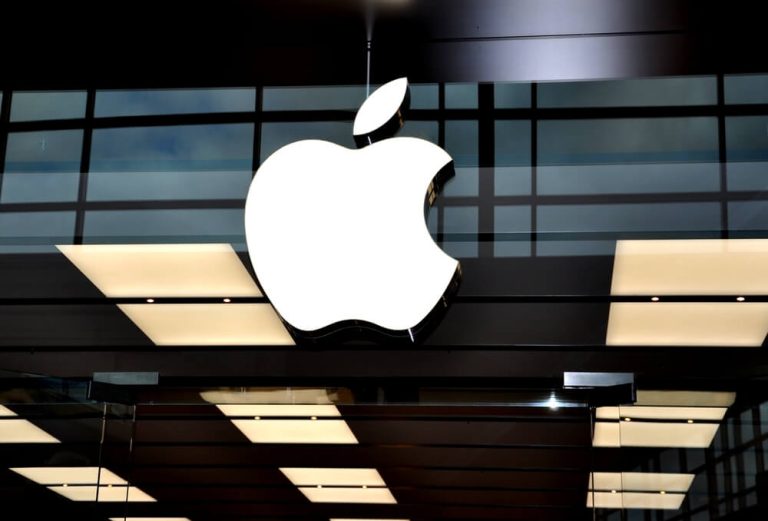
- Apple's iMessage and Microsoft's Bing both get exemptions from the EU's new digital markets law.
- The European Commission investigation concludes that these services do not act as “gatekeeper services.”
- The Digital Markets Law aims to open digital platforms to more competition and prevent monopolistic practices.
In a significant development, Apple and Microsoft have navigated the EU's complex regulatory environment, obtaining exemptions for key services from the stringent Digital Markets Act (DMA) requirements. The DMA aims to create a more competitive digital economy in Europe by mandating that big tech companies allow third-party apps and services on their platforms. However, exceptions have been made for Apple's iMessage and Microsoft's Bing, highlighting the complex nature of digital market regulations.
Investigation results
The European Commission made its decision on the exemption after a detailed five-month investigation. This inquiry focused on how certain services act as gateways for businesses to reach consumers. The Commission later found that iMessage and Bing did not meet the criteria for gatekeeping services under the DMA. Normally, such classification would subject them to more stringent requirements. Therefore, this exemption is very beneficial for Apple and Microsoft. It gives them greater operational flexibility. Specifically, they are exempt from the DMA's rules on interoperability and third-party access to gatekeeping platforms.
Implications for the technology landscape
This decision has broad implications, suggesting that services like Microsoft's Bing are not considered essential access points within the digital ecosystem. This ruling highlights the challenges of identifying gatekeepers in the ever-changing technology sector and demonstrates the EU's careful approach to regulation. It seeks to maintain competitive markets while recognizing the diverse functions offered by different services.

